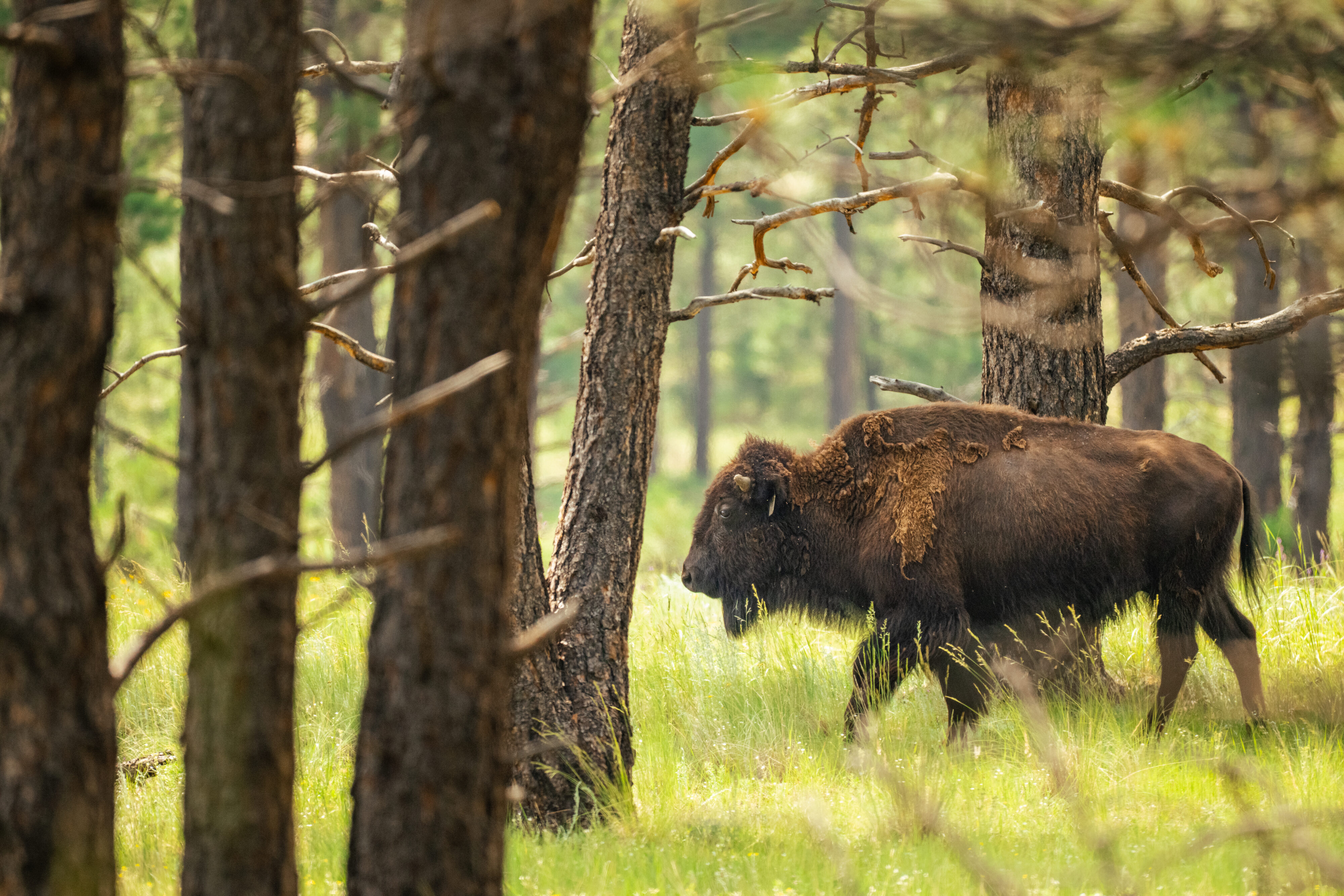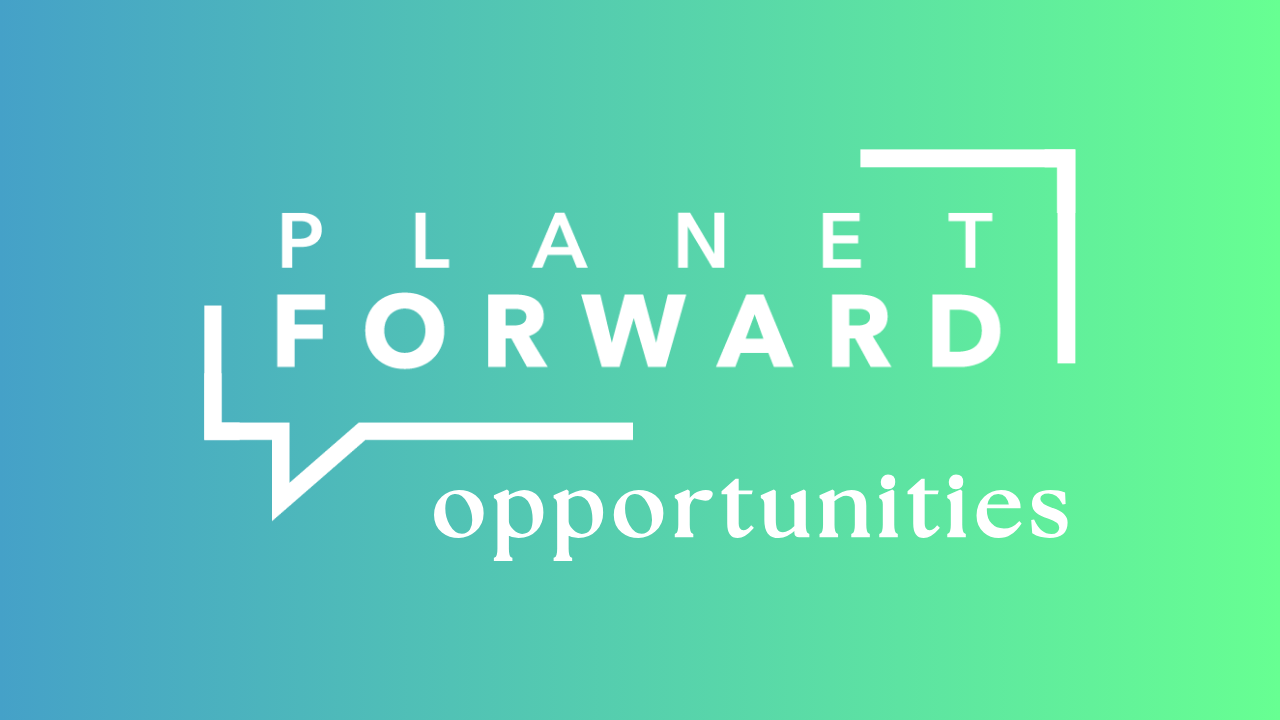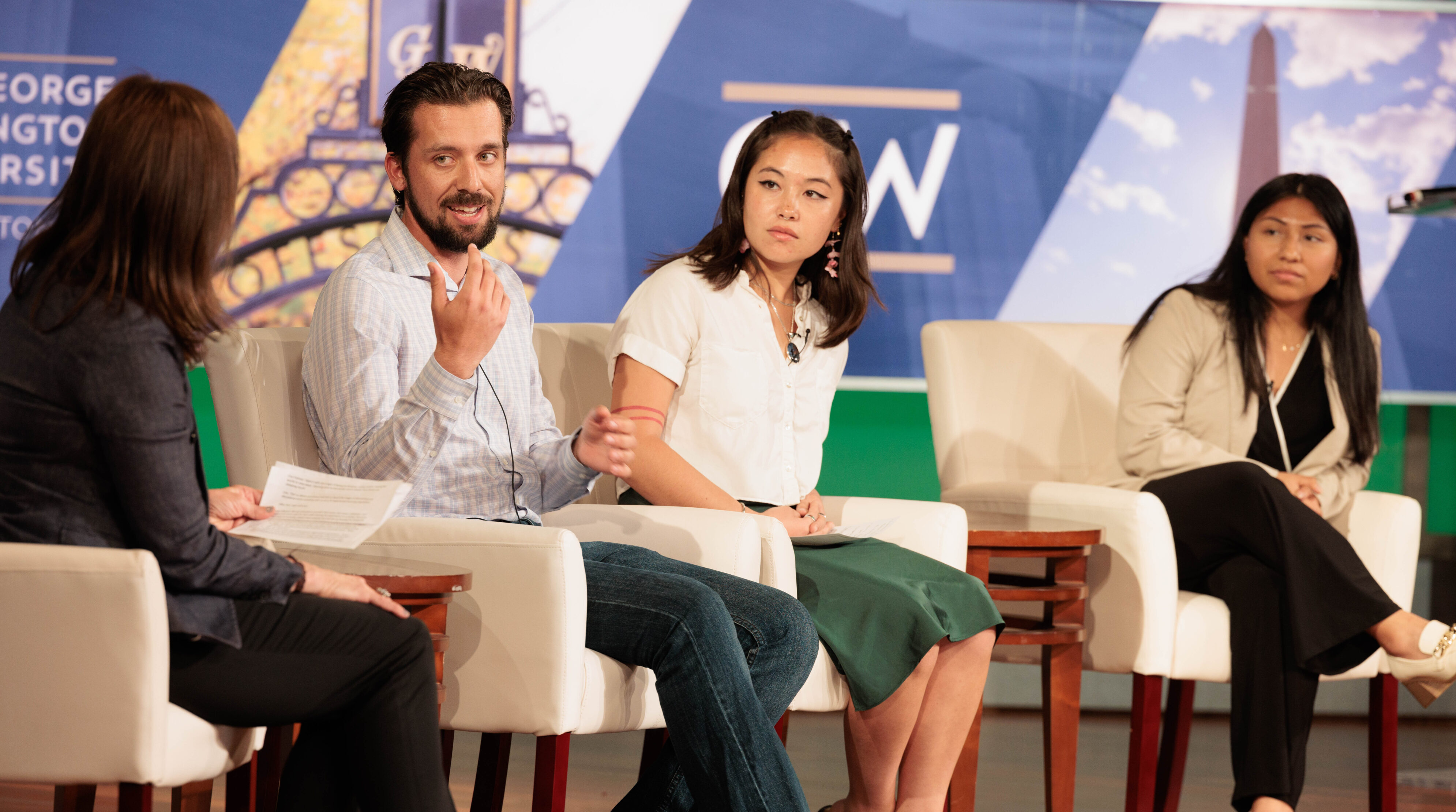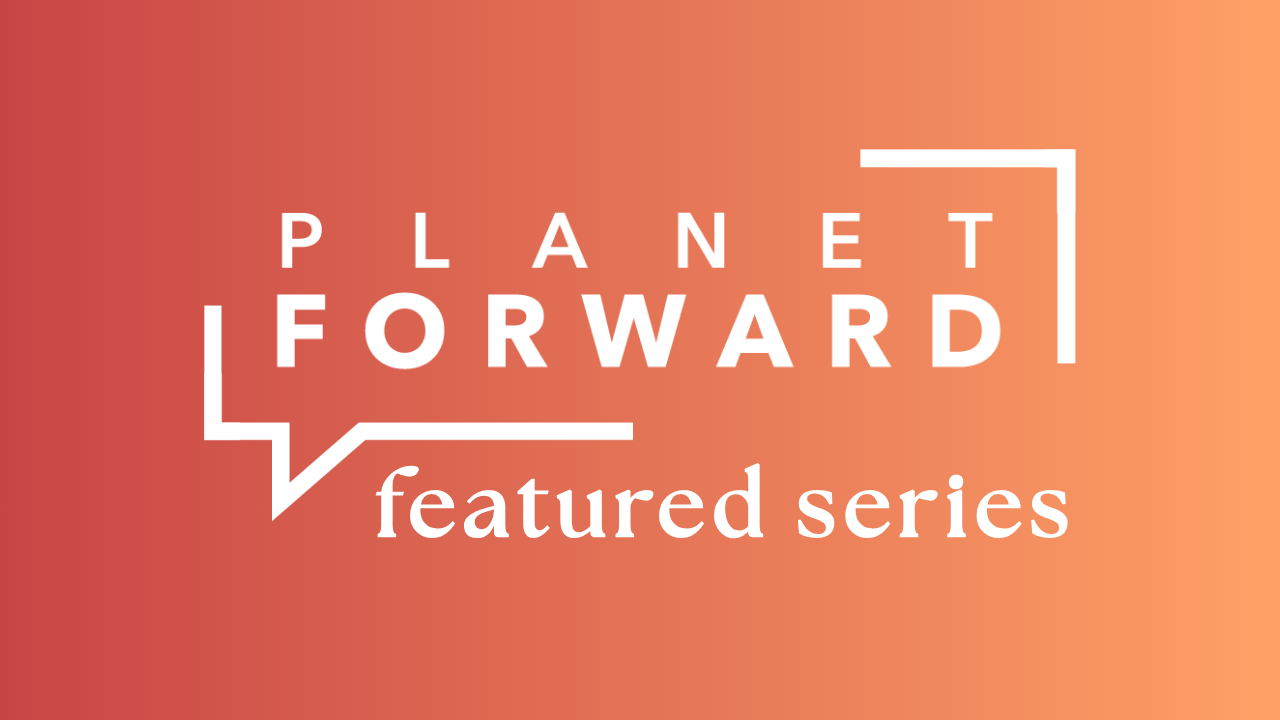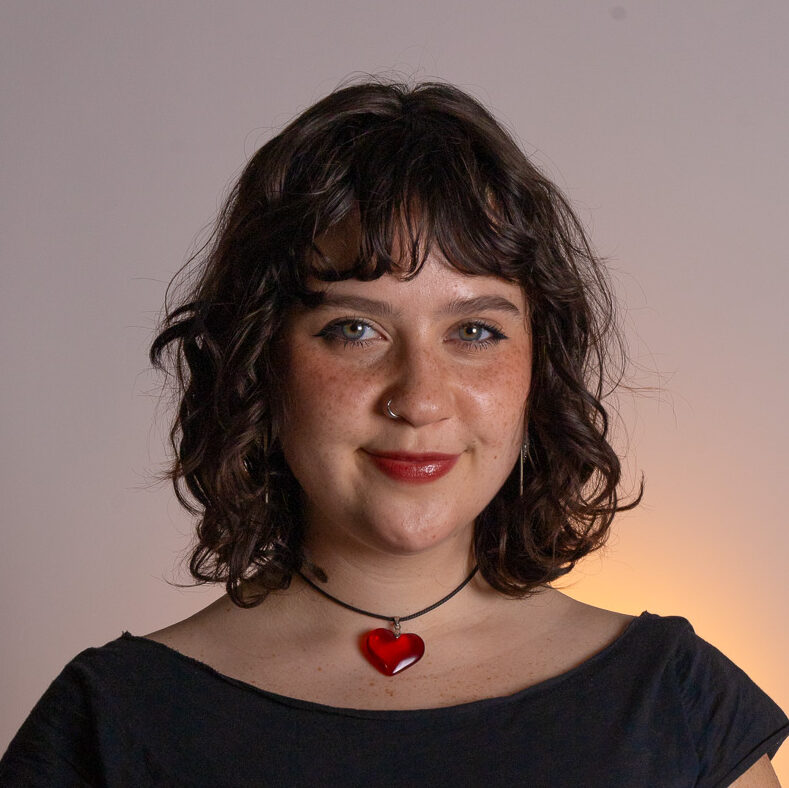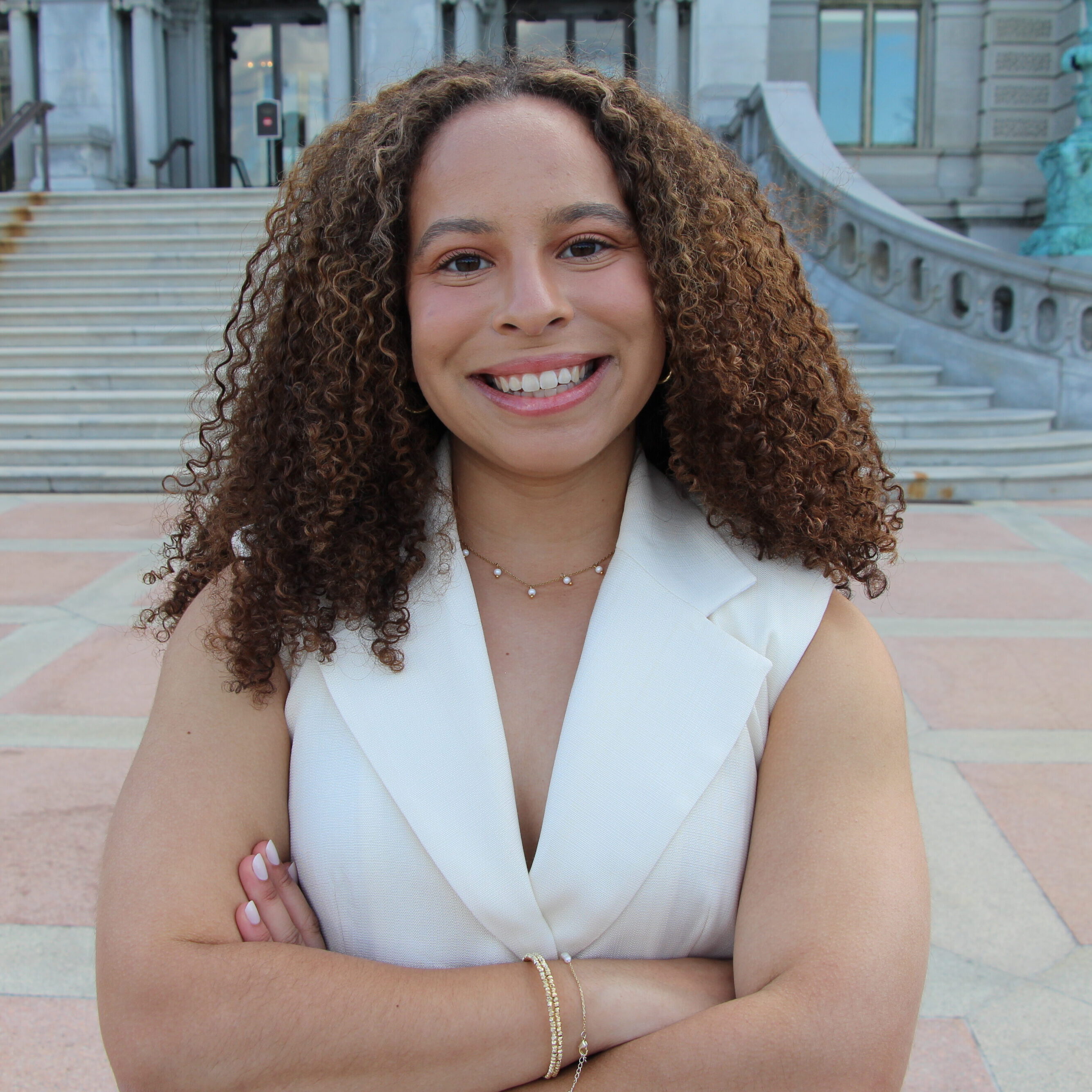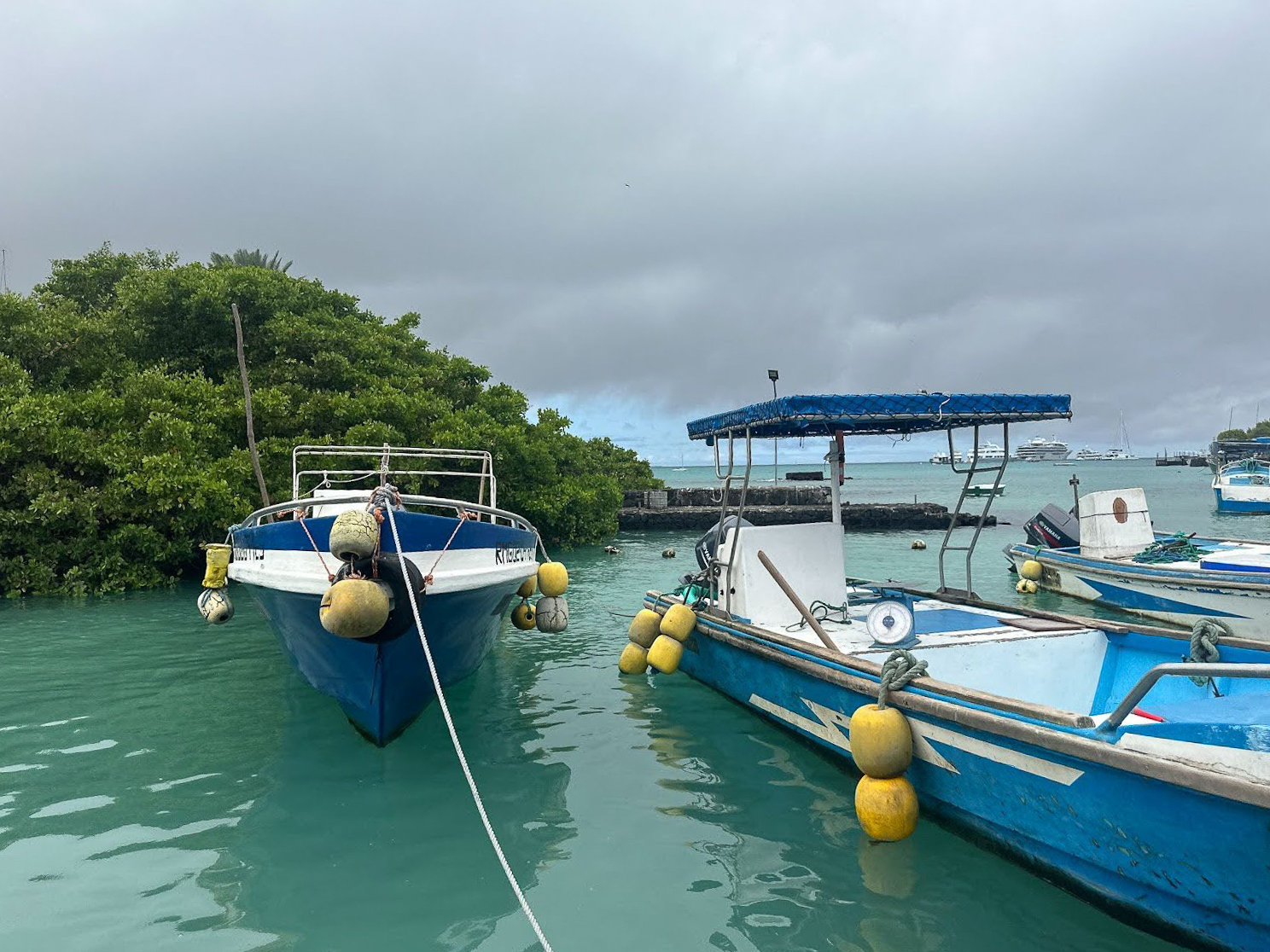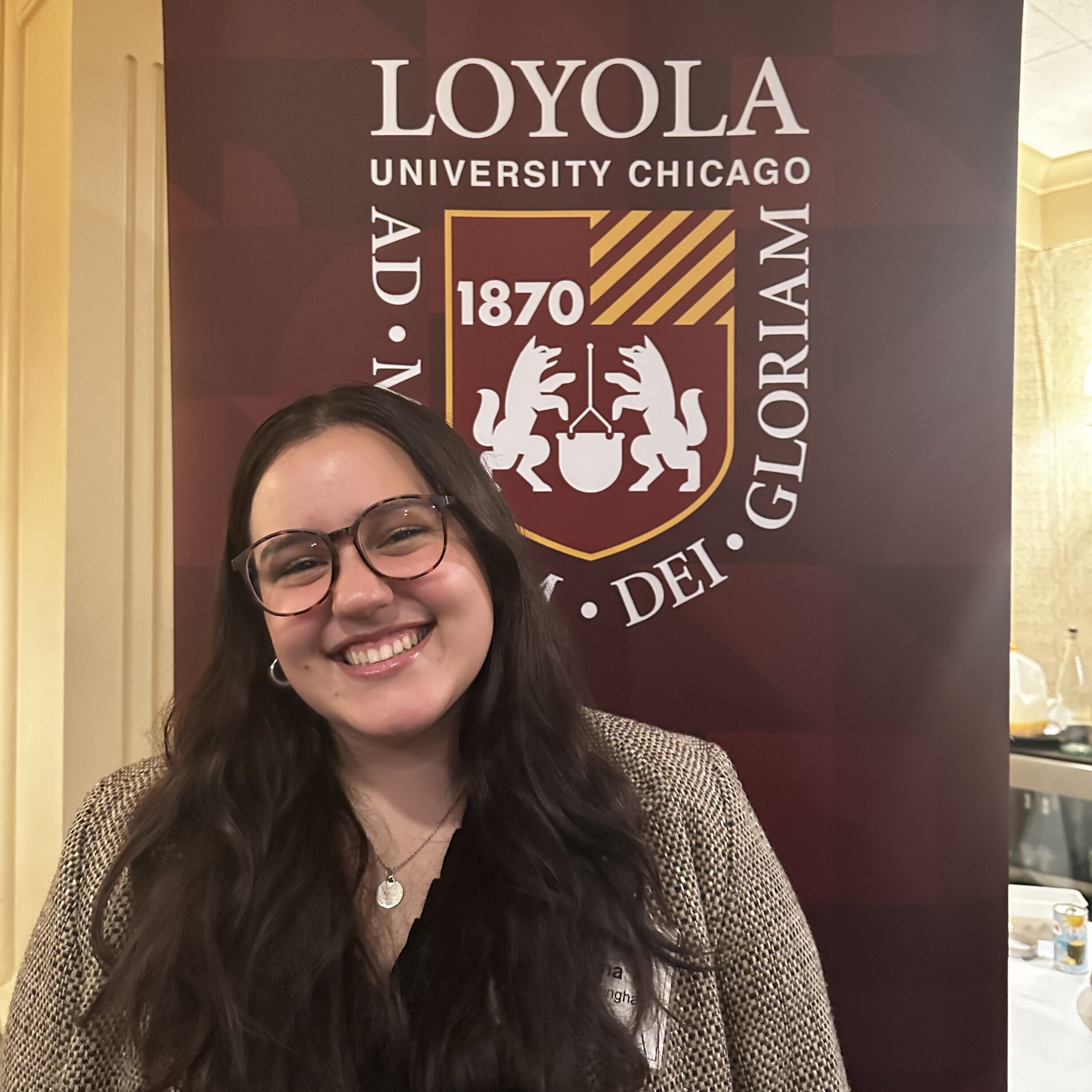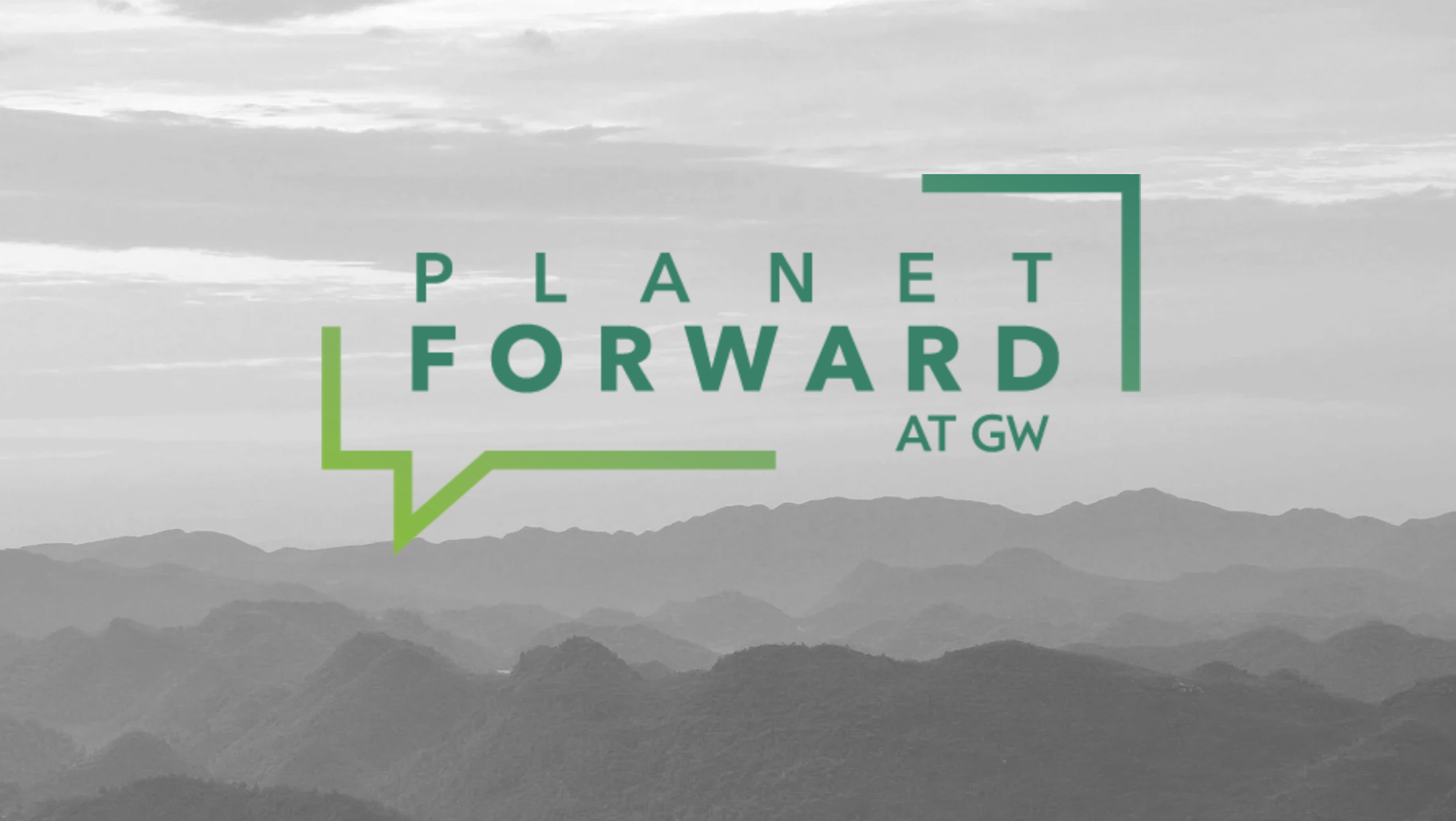 A Spoonful of the Universe.”
A Spoonful of the Universe.”
Many people go to Kalu Yala looking for an escape to utopia. And with the promise of a sustainable settlement in the luscious jungles of Panama, it is hard not to expect that. Entering the culinary program, Diamond’s interest in the small eco-city and its internship program was similarly optimistic, she said. But her motivation was centered around her struggle with, and passion for, food.
She came to Kalu Yala with an unhealthy relationship with food but the place and program offered Diamond a restorative experience. Walking around the town, the experience with body image is remarkably different than in American society. At Kalu Yala, poor self-image is hard to develop. There are no mirrors to lose yourself in, no makeup to cover yourself, no stores to define you as a size, and no media portraying people to compare yourself to.
“There’s none of that,” Diamond said. “And that’s been so healing and awesome.”
The lack of these “additives,” as she calls them, highlighted only part of Diamond’s transformative time at Kalu Yala. Her experience also was largely defined by a newfound discovery of mindful eating, which was the focus of her final project. To Diamond, mindful eating means being “extremely aware of the fact that you’re eating.”
Kalu Yala provided a space for Diamond to explore her affinity for mindful eating, a way of eating that concentrates on enjoying food in the moment and understanding where it comes from. But she also devoted energy to creating a project for others to do the same. Every intern at Kalu Yala is tasked with a final project to complete and present by the end of their internship. For her project, Diamond painted a sign with a “Short Eating Meditation” that was hung right next to the kitchen for others to reflect on before getting their breakfast, lunch, and dinner. The meditation is at the right.
A Short Eating Meditation
This food is a gift of the entire universe: the Earth, the rain + the sun.
Give thanks to the people who made this food.
Only take as much food as you need.
Eat slowly and savor each bite. Each spoonful contains the universe.
Use the energy the food gives you to practice being more loving and understanding.
Let thy food be thy medicine and thy medicine be thy food. —Hippocrates
Food is important. It puts in physical form many of the things we value in life. It tells us who we are, and what lives we dream of living. Have gratitude and give back so that, one day, all people can experience this ideal.
— Adapted from Thich Nhat Hanh’s “How to Eat”
“I wanted it to be long enough that you have to actually stop and read it … but also not too long that you don’t want to read it,” Diamond said. She hopes to use the sign, along with her online blog, to spread the practice into others’ lives.
In the dominant American culture, mindful eating is hard to practice. Diamond, who is originally from Boston, points out that eating is often just part of multitasking within busy lives: plenty of people eat on the go or in a rush at best.
“(In America) we have no idea where (our food) is coming from; we have no connection with it whatsoever; we have no idea who grew it. It’s from probably the other side of the world, literally, or at least from another country,” Diamond said.
That standard starkly compares to Kalu Yala’s farm-to-table initiative. Edible plants grow all over town, from basil to katuk, the minty leaf that has become a staple in Kalu Yala salads. Some grow alongside the rancho that constitutes the culinary classroom, but most are in the expanding farm that is just a walk away from the kitchen.
“It’s been really healing to be able to get food from the farm. Culinary allowed me to really learn about (farming) deeply,” Diamond said.
Kalu Yala’s sustainable practices and farm-to table plans are in development. “There’s still a lot of work to do to make the farm totally produce enough for us, but it’s also really amazing to see … how difficult that really is,” Diamond said. Plenty of the food used in the meals at Kalu Yala is not grown there. In fact, most is from local farmers and, at the very least, from within Panama.
Beyond mindful eating, Diamond’s time at Kalu Yala taught her the extreme difficulties surrounding food systems, even one that is set up to work sustainably. “You learn about the farm and you learn how much it can actually produce totally organically. We can’t just ramp up production with pesticides. So that’s been very interesting and humbling to realize,” she said.
Diamond ended her semester at Kalu Yala with a stronger relationship with food and body image. In addition to this personal healing, however, she also gained knowledge on how a food system runs. With an interest in food politics, experiencing Kalu Yala’s approach to food was eye opening to Diamond.
“What I wanted to learn” from Kalu Yala is what it means for a food system to be set up well, Diamond said. “Our usual society is kind of (intended) to not work ... and for it to be super environmentally destructive, and destructive to animals, and to just mess with your brain.”
Kalu Yala provided a case study for what Diamond already believed. “Having food work well, I think, is the backbone of a healthy and good society,” she said.
This vision of needing a system that works well fits into the ideas motivating Jimmy Stice, Kalu Yala’s founder and CEO. He launched this real estate and educational project with the mindset that “if they come they will build” instead of the traditional real estate mindset of “if you build it, they will come.” Stice’s approach to making a sustainable town parallels Diamond’s frustration with the current food system.
“People operate in systems,” Diamond said. “They do whatever is set up for them.” Her goal is not far off from the entire ideal of Kalu Yala: change the system.
">One culinary intern at Kalu Yala used her time in Panama to improve her personal relationship with food and to get an example of a sustainable food system that contrasts the American food system.




